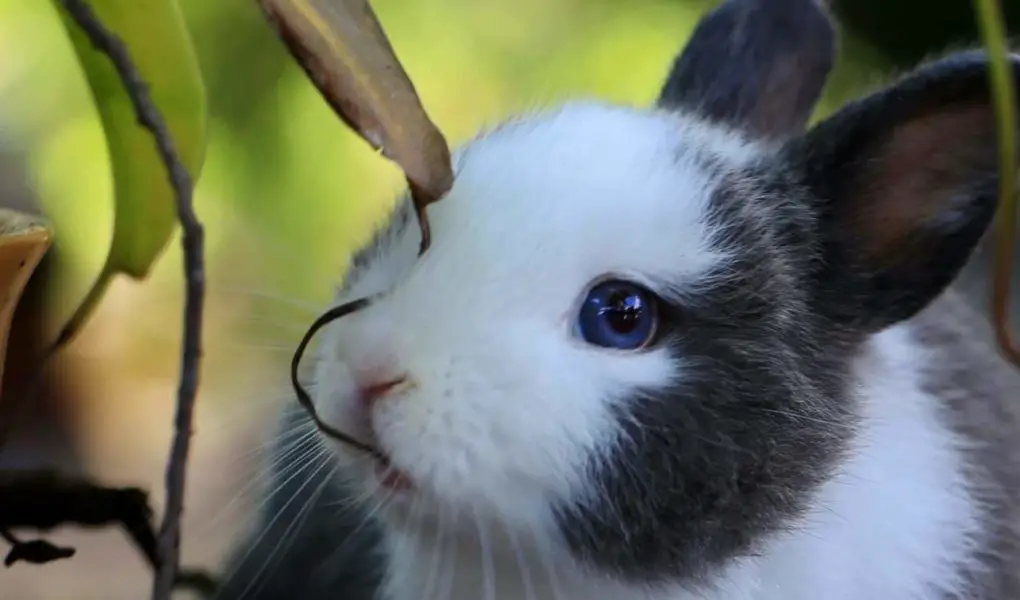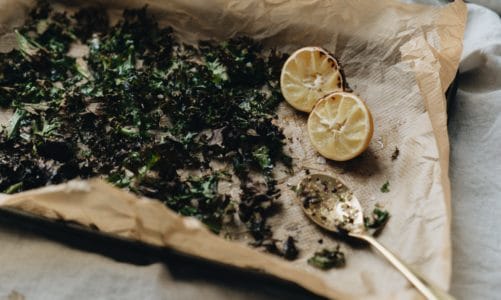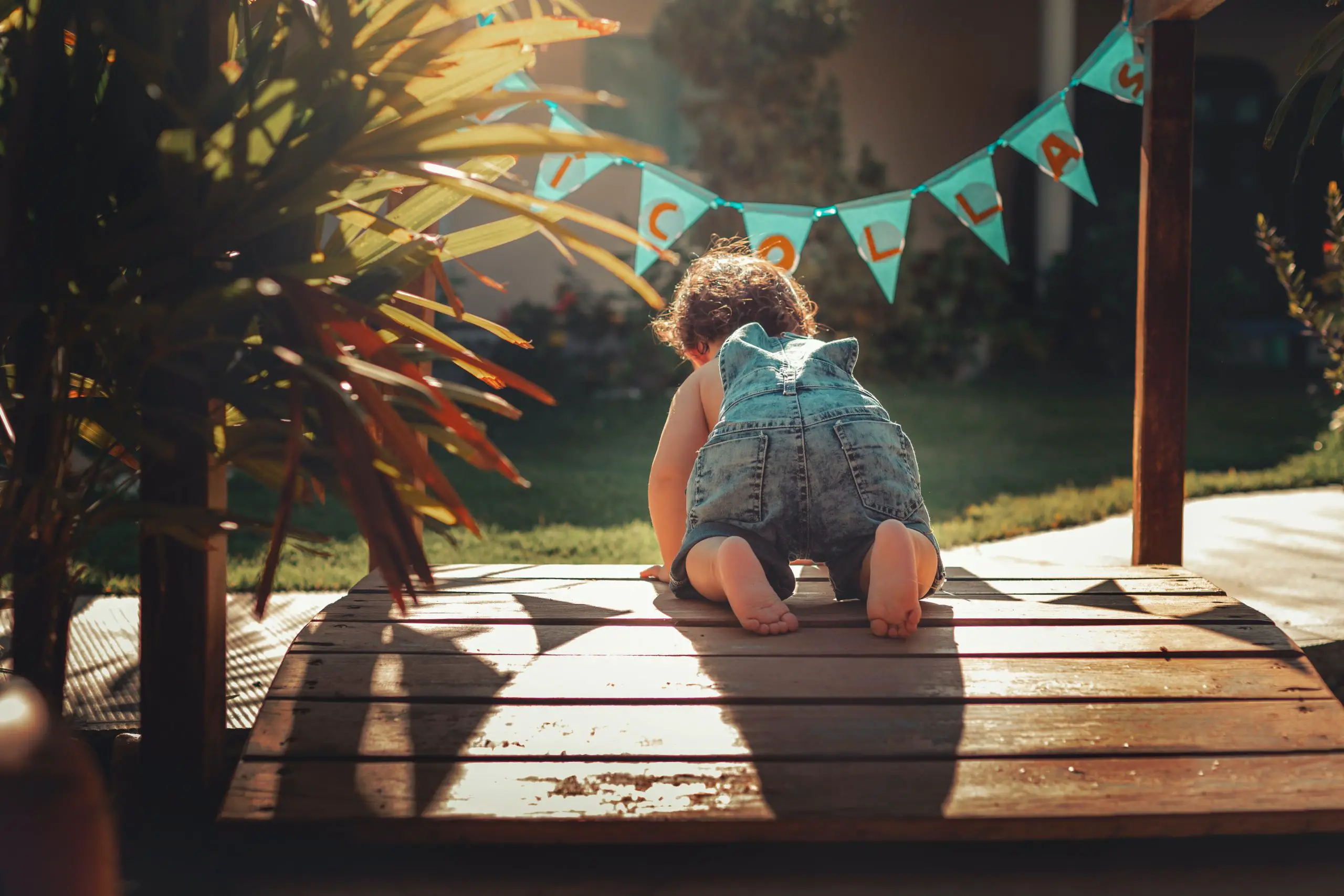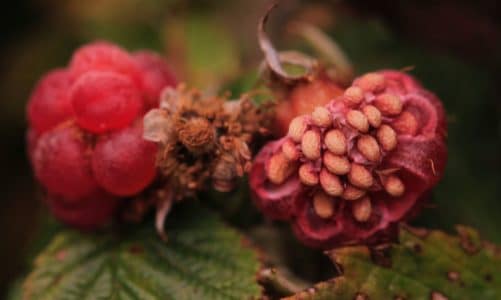Nibbling and munching on greenery is what rabbits do naturally. They are herbivores after all. Their diet in the wild consists mostly of grasses, clover, and green leafy vegetables such as broccoli, Brussel sprouts, kale, and cabbage if they can find it. They are also opportunistic feeders. They enjoy eating seeds, plant roots, fruits, and tree- bark too. Since their teeth are always growing, rabbits file them down by stripping the bark of trees.
Wild rabbits know to stay away from certain toxic plants, while bunnies raised indoors might not. We know that all houseplants should be considered poisonous for rabbits until we know for a fact which one is not. We now know that some popular houseplants are toxic for bunnies, such as the trendy Monstera deliciosa or Swiss-cheese plant as it is often called. Other houseplants on the toxic list include Pothos, Asparagus fern, and English ivy.
You might be wondering what houseplants are safe for rabbits since there are so many that rabbits should never eat. This article looks at houseplants as well as cut flowers that pose no risk to your bunny when brought indoors. You should not use these plants to feed your bunny with though. Keep in mind that cut flowers may not be pesticide-free which poses a risk to your bunny’s health.
These houseplants should not be used to feed your bunny. A rabbits’ staple diet should consist of good quality hay, pellets, and a cup of fresh veggies and leafy greens. If you suspect that your bunny is unwell from accidentally nibbling on any of the plants considered safe, contact your vet immediately.
Plants that are considered safe for rabbits
Just because certain houseplants are safe for rabbits to eat doesn’t mean they should be given unlimited access. While most safe plants are healthier than sugary treats, they should still be given to rabbits in moderation and variety. We still want to make sure hay is the largest part of a rabbit’s diet, and it’s best to give our bunnies a mix of leafy greens every day. Safe flowers can be given in moderation, but shouldn’t make up a large portion of a rabbit’s diet.
Pansies (Viola tricolor var. hortensis)
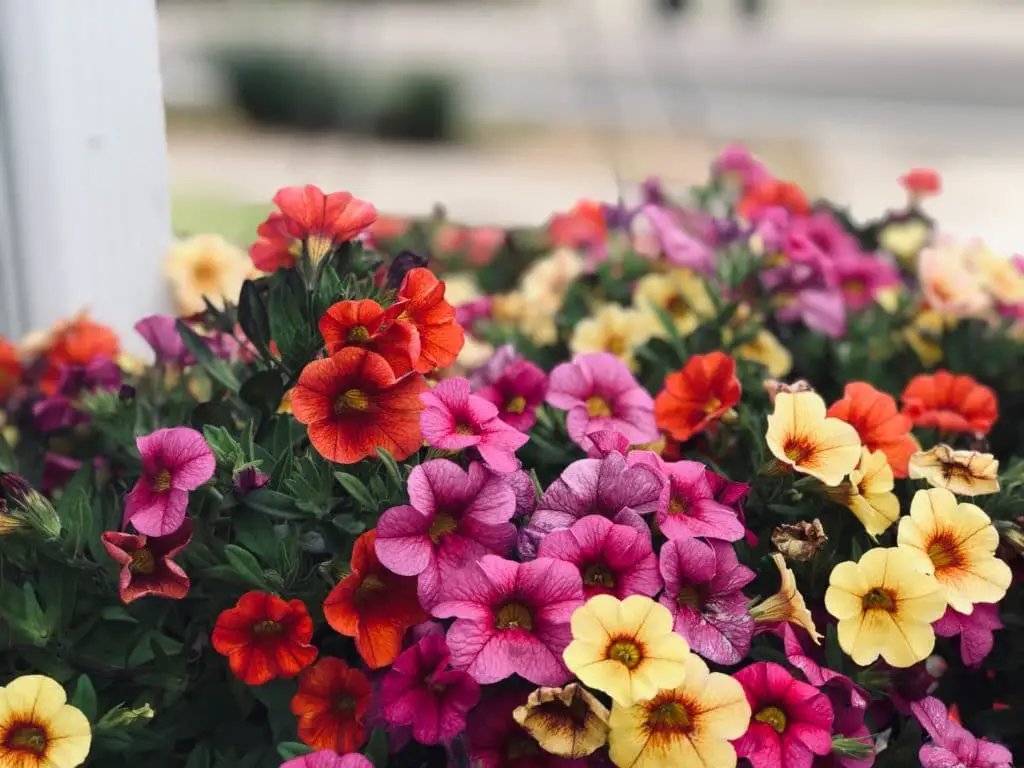
This pretty plant makes great potted indoor houseplants. You will be glad to know that all the parts are safe for rabbits, including the leaves, stems, and flowers. People love to add very attractive and safe-to-eat flowers to salads. They will be a treat for your bunny too.
Dandelions (Taraxacum)
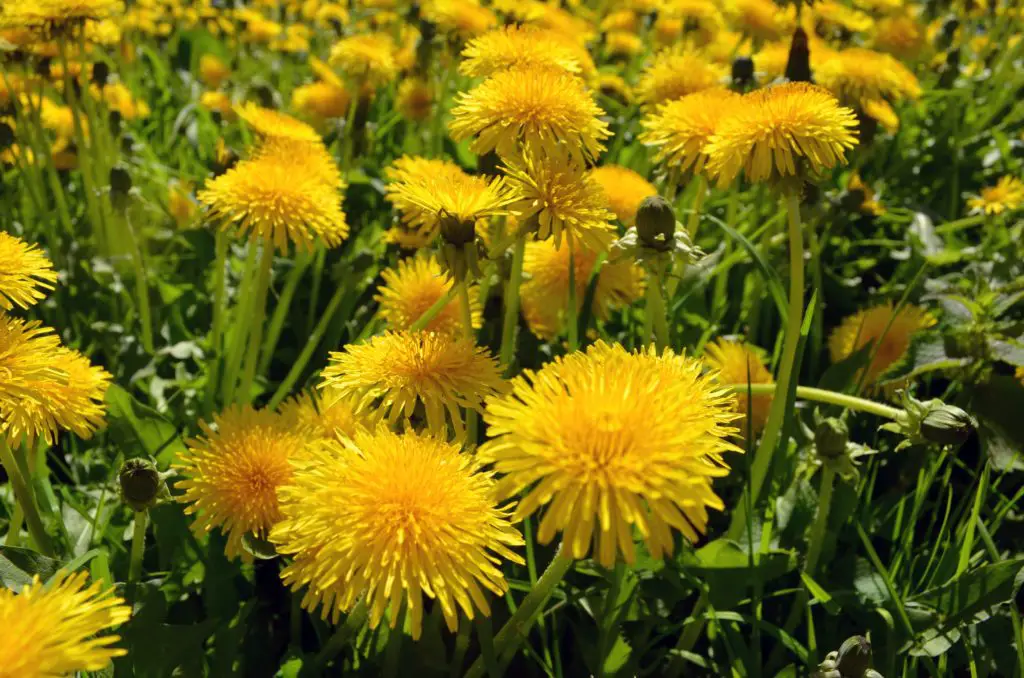
All the parts of this plant are safe for rabbits. The leaves especially are high in vitamin A. Both the flowers and the stem make for a delicious bunny snack too. If you are getting these from your garden make sure they are fertilizer-safe.
Chamomile (Asteraceae)
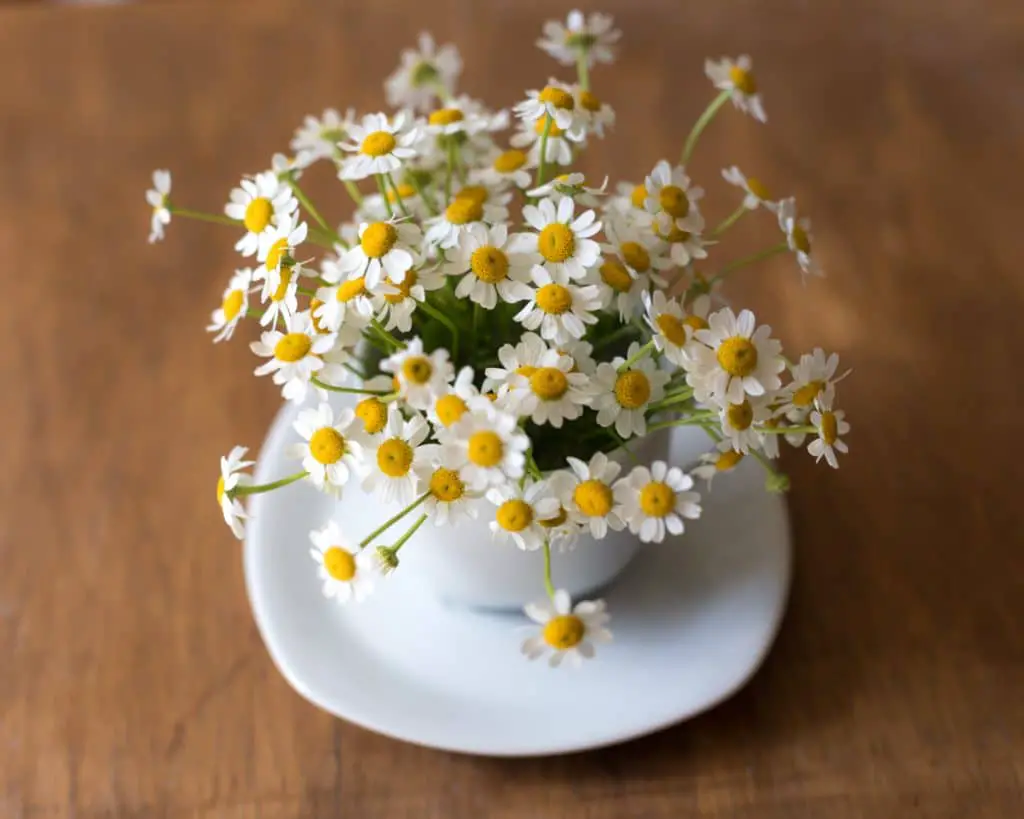
A favorite medicinal herb that relieves anxiety in people, may have a similar effect on bunnies and help to calm them down. Chamomile flowers, either fresh or dry are considered safe.
Daisies (Bellis perennis)
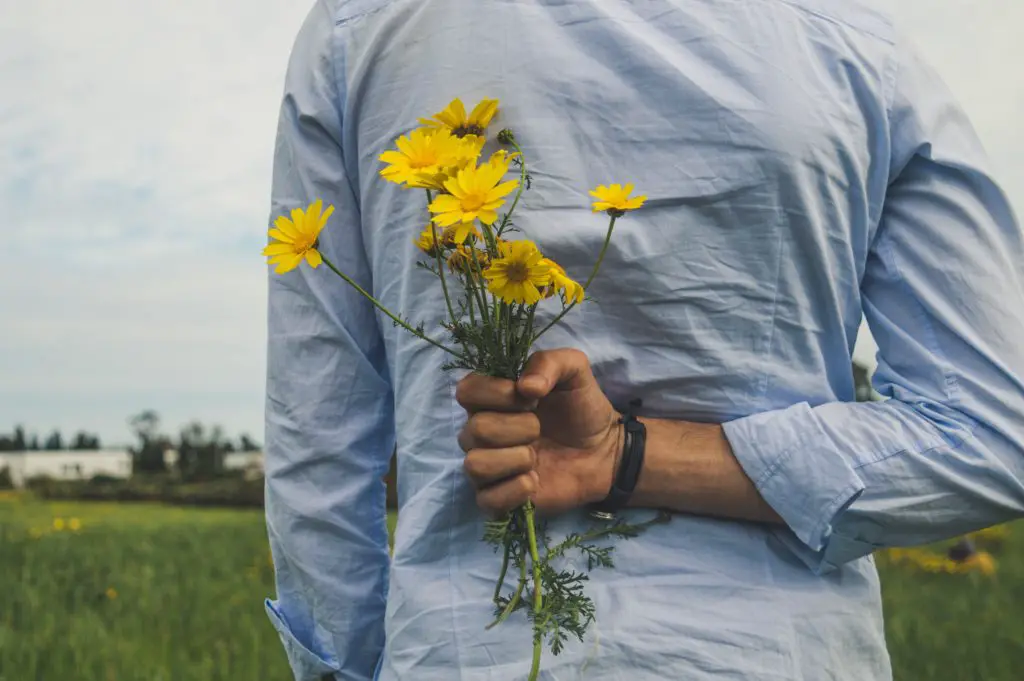
If you have daisies growing in the garden, you can rest assured that they are safe for your bunny. The flowers can be a nice yummy snack for rabbits, but not very nutritious. Remember to keep treats to a minimum though.
Orchids (Orchidaceae)
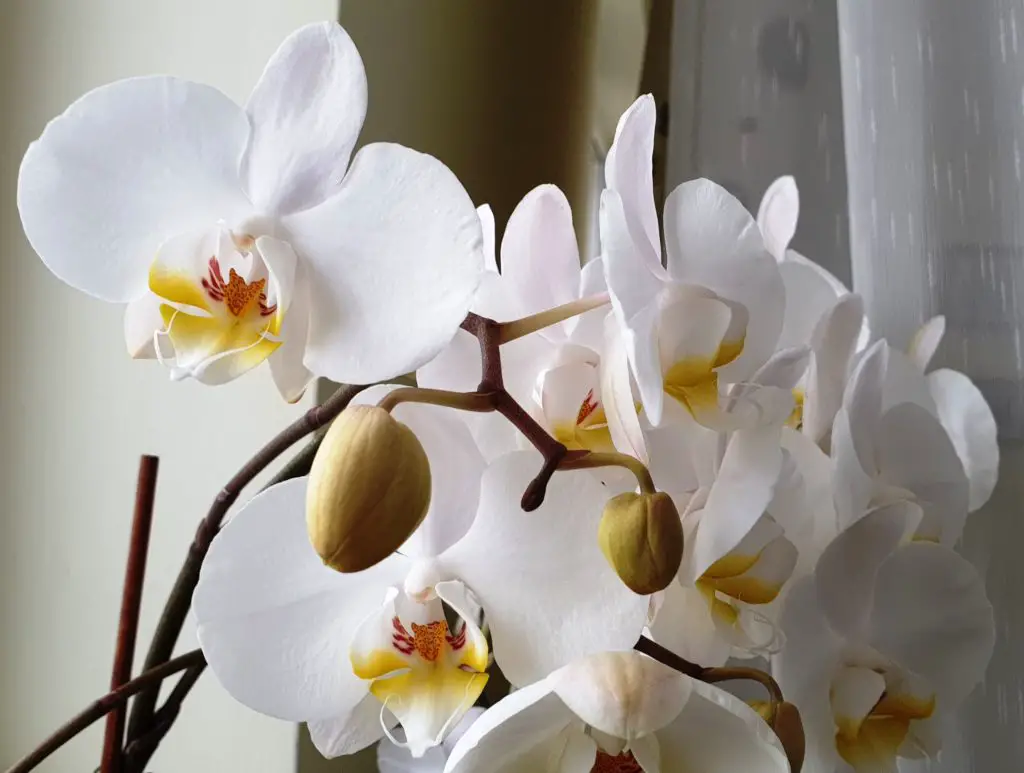
The orchid with its beautiful flowering blooms makes for a popular and common indoor houseplant. Fortunately, orchids are on the safe list. The Jewel orchid, Tailed orchid, Scarlet orchid, Leopard orchid, Cocktail orchid, Old world orchid, and Pansy orchid are all marked as safe for animals by the ASPCA.
Sunflowers (Helianthus annuus)
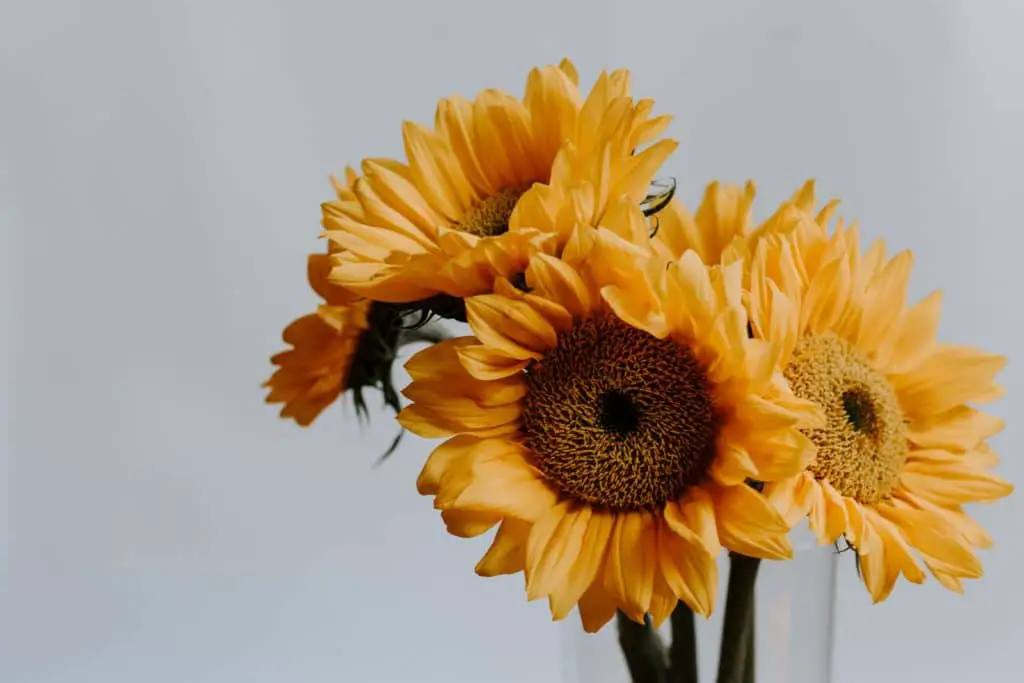
A favorite as cut flowers go. The happy face of a sunflower can light up any space in the house. For wild and domesticated alike, these are a rare, but yummy snack if they ever have it. All the parts of the sunflower are safe, but should only be given in moderation. The seeds are high in fat and may cause gastrointestinal upsets if consumed in large amounts. View these seeds as an occasional treat rather.
Spider Plant (Chlorophytum comosum)
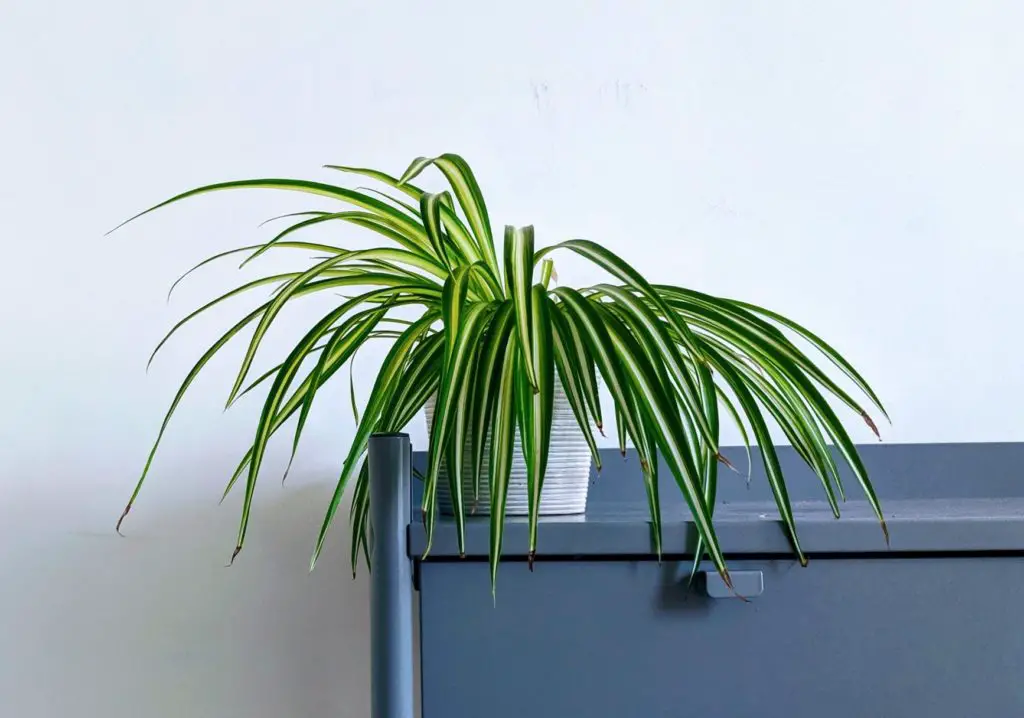
Spider plant, also known as airplane plant or ribbon plant is a favorite houseplant worldwide. This easy-to-grow houseplant is marked as non-toxic for animals by the ASPCA.
The spider plant may not be safe from your bunny though, so you may want to put it out of reach in a hanging basket.
Jade Plant (Crassula argentes)
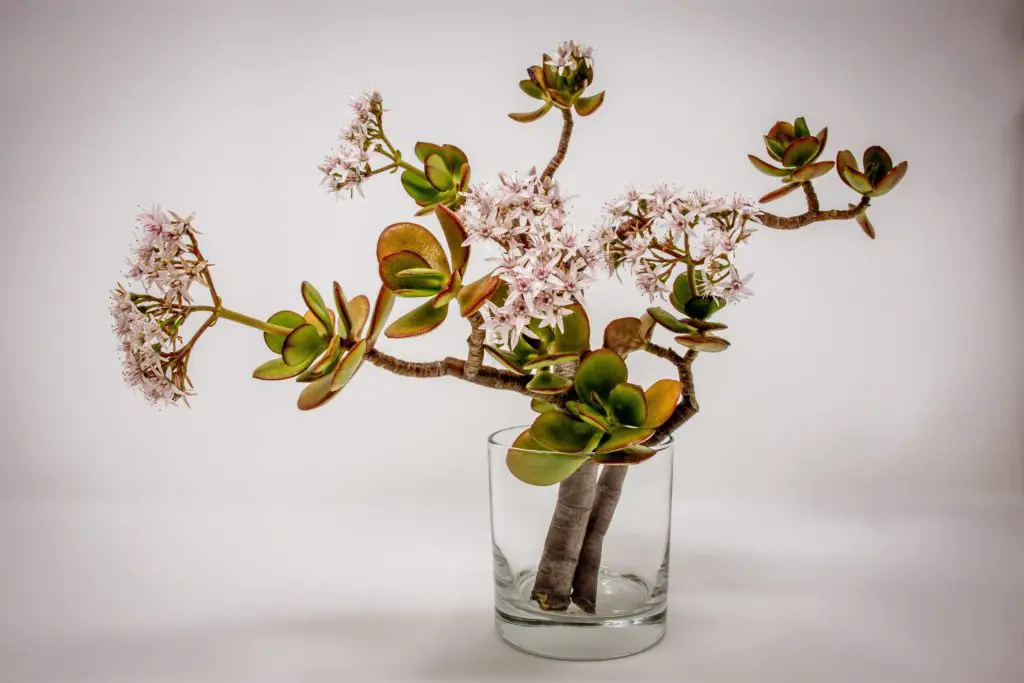
This miniature tree-like plant, also known as money plant or money tree is native to South Africa and Mozambique. This popular houseplant is a succulent plant with small white or pink flowers. This plant is marked safe for animals by the ASPCA.
Parlor Palm (Chamaedorea elegans)
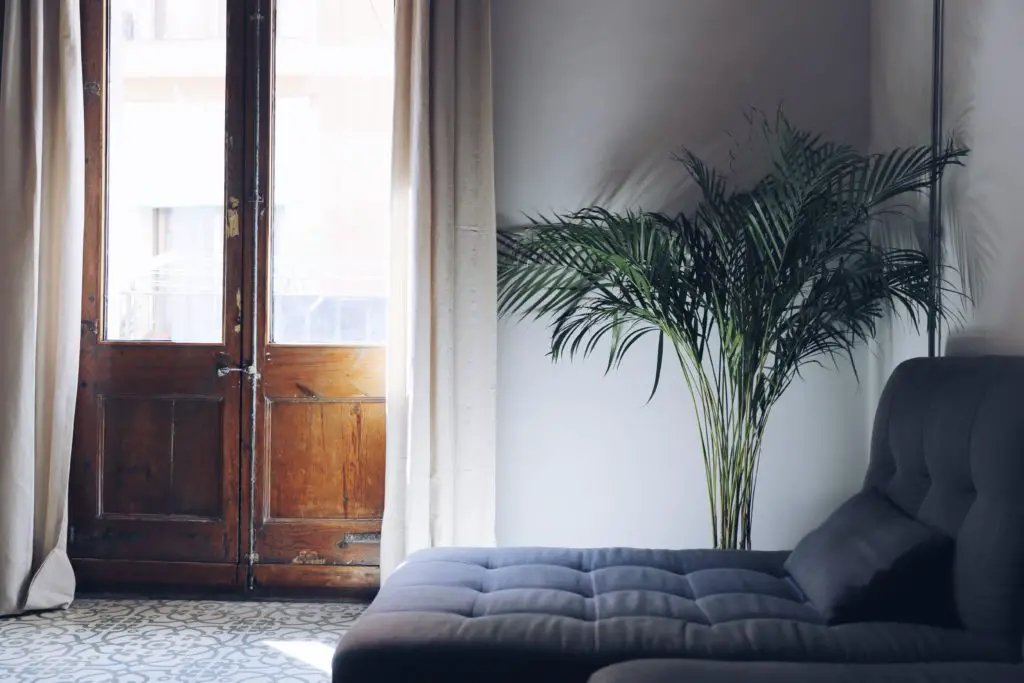
This popular and trendy palm is one of the best-selling indoor houseplants in the world. It does well in low light and does not need a lot of space. Fortunately, this beautiful palm made it onto the animal-safe list of the ASPCA.
Other familiar houseplants that are safe for rabbits that feature on the ASPCA’s safe list are the following plants:
- Lipstick plant (Aeschynanthus lobbianus)
- Dracaena indivisa (Cordyline indivisa)
- Gardenia (Gardenia radicans floraplena)
- Boston fern (Nephrolepis exalta)
Growing herbs indoors has become very popular. Your bunny will be happy too since there are certain herbs that will go down pretty well. These include Mints, Basil, and Dill.
Helpful online resources
For a list of houseplants that are safe for rabbits refer to the following online resources:
The ASPCA’s list of plants covers all plants toxic and non-toxic for animals.
Find the Veterinary Support Personnel Network (VSPN) comprehensive list of non-toxic plants for animals, here.
The Oklahoma State University Library’s directory of non-toxic plants can be viewed here.
Have a look at UW Health’s in-depth guide to plant toxicity for both humans and animals.
Sunny Life Mag’s favorite top read on bunnies
This is our top pick for those starting out with a bunny or who would like to. This book will help you see if raising a bunny as a pet is a good fit for you. It is also chock full of info you will need on your journey with your bunny.
Rabbits for Dummies 2nd Edition
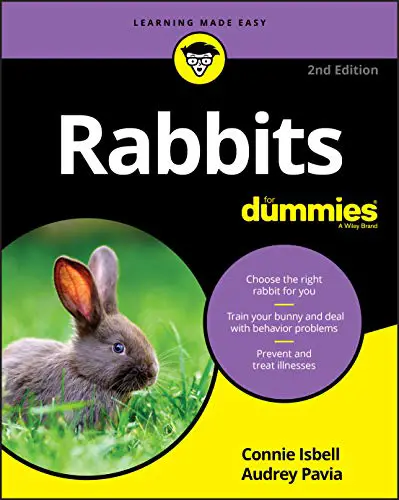
Last thoughts on houseplants that are safe for rabbits
Creating a harmonious living space for both you and your rabbit will help keep you happy, your plants intact and your rabbit safe.
Start by scrutinizing the plants that you already have. Divide them into 3 categories such as houseplants that are safe for rabbits, Moderately Safe (those plants that are safe to eat but only in moderation since it can cause bloatedness or upset stomachs), and Toxic. These 3 categories will help you decide what to do with your plants. While the toxic ones will have to go, the Moderately Safe plants can be hanged from the ceiling or moved out of reach of your rabbit.
Please be aware that this list serves only as a casual guideline and is not infallible. Doing further research online or consulting a veterinarian is advised. Nevertheless, every effort was taken to extract the most accurate information from an array of sources online.
If you enjoyed this article, you might like these too:
Watch out! These houseplants are toxic to rabbits.
Watch out! These popular houseplants are unsafe for cats.
40 Popular houseplants that are poisonous to babies.
15 Houseplants that repel fleas naturally.
These houseplants do not attract bugs.
Image credits:
Viridi Green via Unsplash
Emma Gossett via Unsplash
Carolyn V via Unsplash
Chermiti Mohamed via Unsplash
Adriana Saraceanu via Unsplash
Kelly Sikkema via Unsplash
Lucian Alexe via Unsplash
